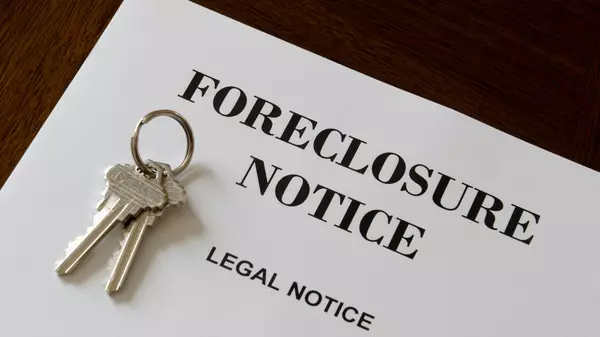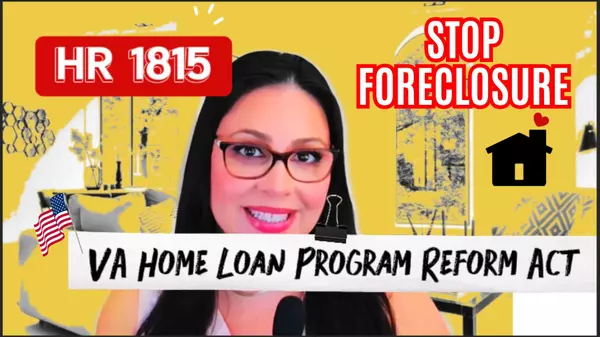Learn How to Navigate Pre-Foreclosure and Save Your Home
Explore our video resources for expert advice on buying, selling, and preventing foreclosure. This featured video explains your options, provides insights into foreclosure timelines, and highlights new protections under AB 2424. Together, we can find the best solution for your situation.
Watch now and take the first step toward securing your home and future.


Foreclosure can feel overwhelming, and understanding your rights and alternatives can make all the difference. This page is designed to provide you with the tools and information you need to take control of your situation.
What’s New in California Law?
Did you know that new protections under California law, effective January 1, 2025, could give you the time and flexibility you need to find a solution?
Here’s how Assembly Bill 2424 can help:
• 45-Day Extension with a Listing Agreement: By working with a real estate professional like me to list your home, you can delay a foreclosure sale by 45 days.
• 45-Day Extension with a Purchase Agreement: Securing a buyer and submitting a purchase agreement could extend this timeline by an additional 45 days.
Explore the Resource Hub
Take a closer look at our comprehensive tools and guides, including:
• A step-by-step Foreclosure Timeline to help you understand the process.
• Guidance on Notices of Default (NOD) and Notices of Trustee’s Sale (NOT).
• Strategies for avoiding scams and protecting yourself.
You don’t have to face this alone. Explore these resources and feel empowered to take the next step toward protecting your home.
Disclaimer: I am a licensed real estate professional specializing in providing foreclosure prevention resources and guidance. Please note that I am not a legal or tax advisor. For specific advice regarding your legal rights, tax implications, or financial obligations, consult a qualified attorney, tax professional, or financial advisor. The content on this page is intended solely to provide general information and resources to help homeowners explore their options. It is not a solicitation if your property is currently listed with another real estate professional or if you are already working with a licensed realtor.

YOU ARE NOT ALONE IN THIS—I’m here to help every step of the way.
I encourage you to connect with me. Together, we can review your options, answer your questions, and take proactive steps to protect your interests.
I'd like to invite you to my Resource Hub.
Your go-to destination for everything you need to navigate pre-foreclosure with confidence and clarity.
Inside, you’ll find carefully curated resources designed to help you understand your options, protect your home, and plan your next steps.
Here’s what’s included:
• Foreclosure Timeline: A step-by-step guide to understanding the foreclosure process.
• Alternatives to Foreclosure: Explore solutions like loan modifications, short sales, and refinancing.
• How to Respond to Notices: Clear instructions for handling Notices of Default (NOD) and Notices of Trustee’s Sale (NOT).
• Avoiding Scams: Tips to protect yourself from foreclosure scams.
• Homeowner Liability: Understand your rights and potential liabilities after foreclosure.
• Additional Resources: Links to trusted organizations, legal guidance, and support services.
Access these tools to take control of your situation, make informed decisions, and move forward with confidence.
MY BLOGS
REVIEWS
GET MORE INFORMATION






